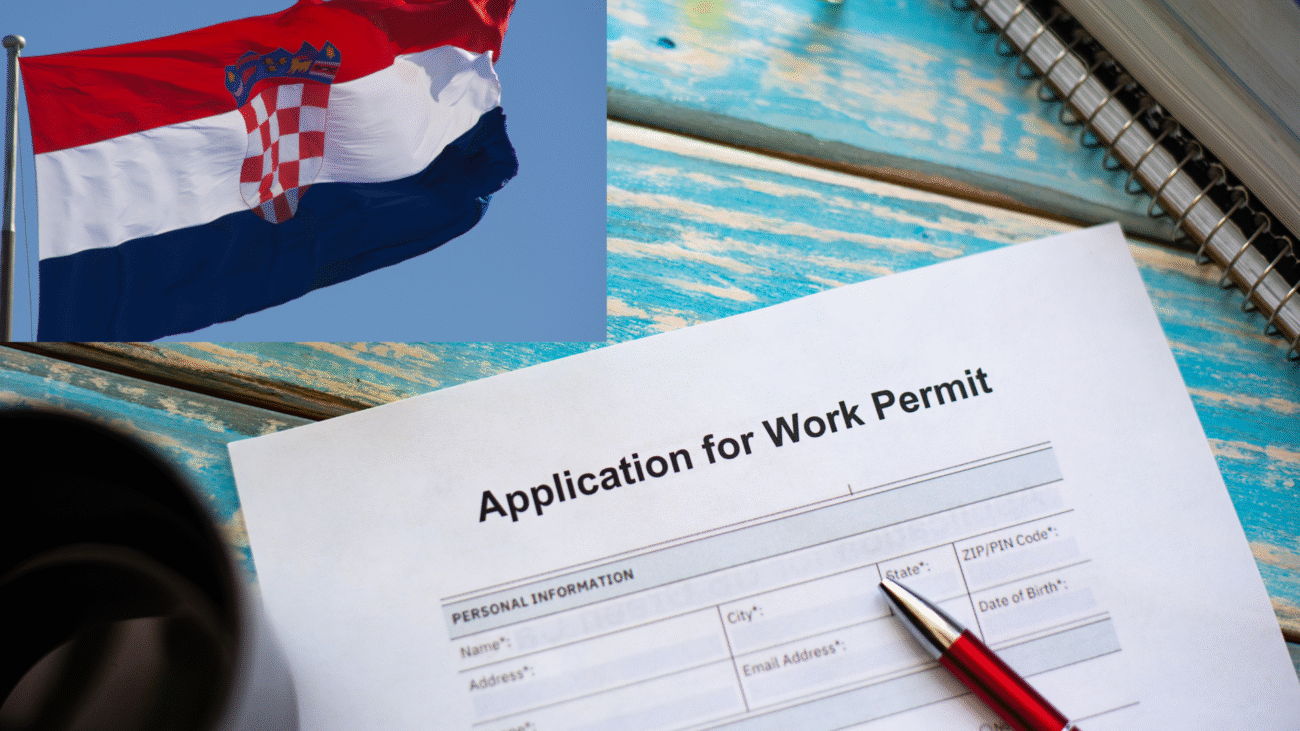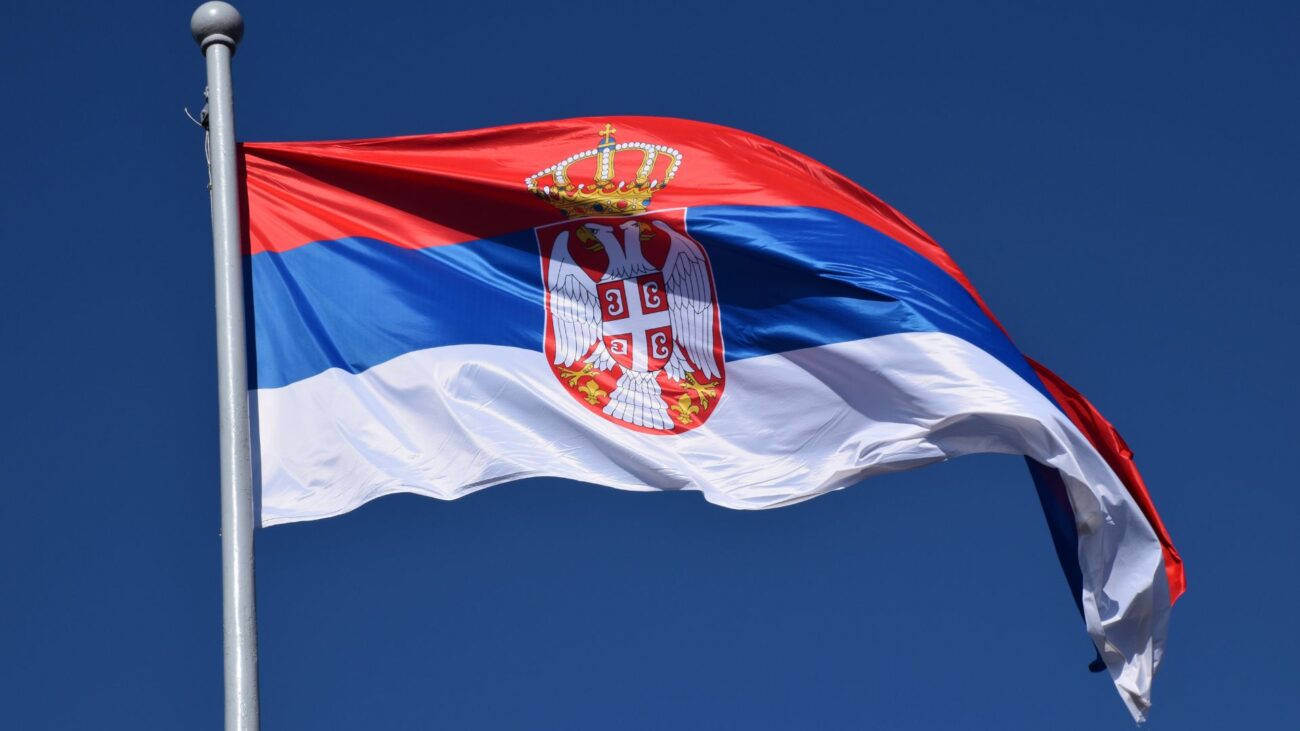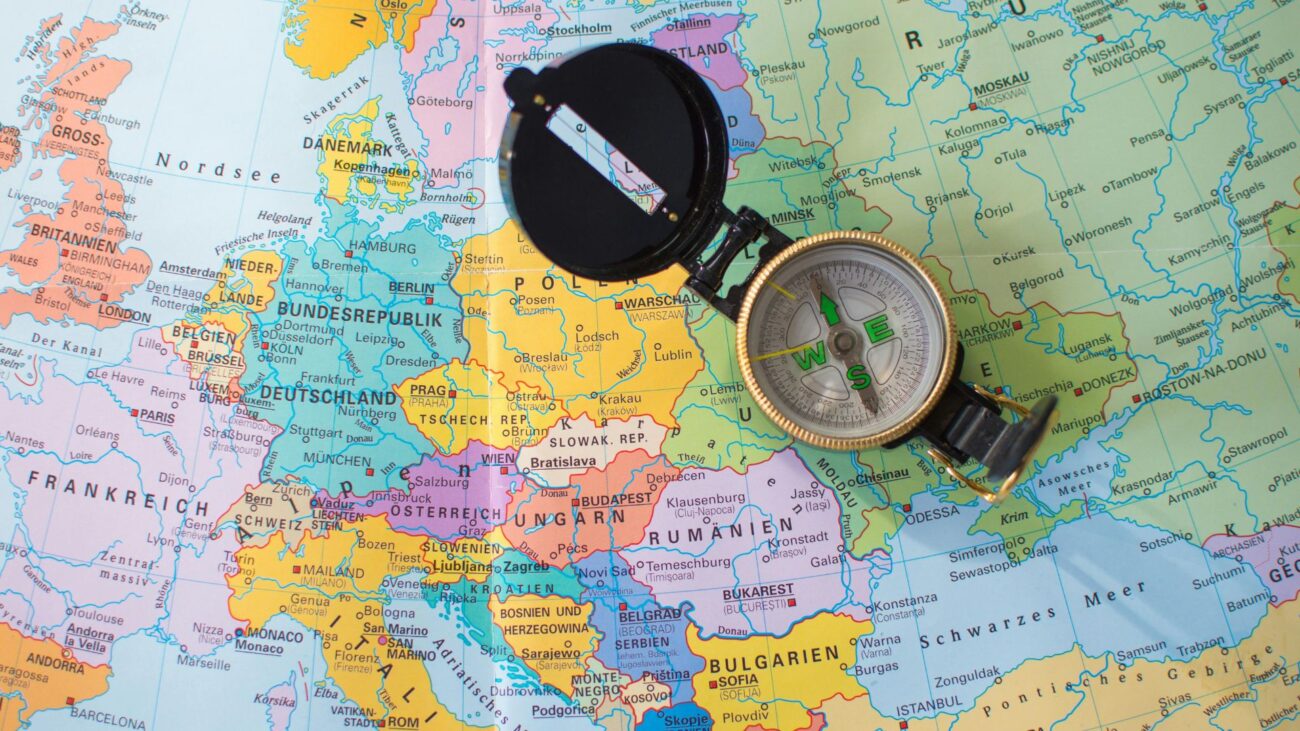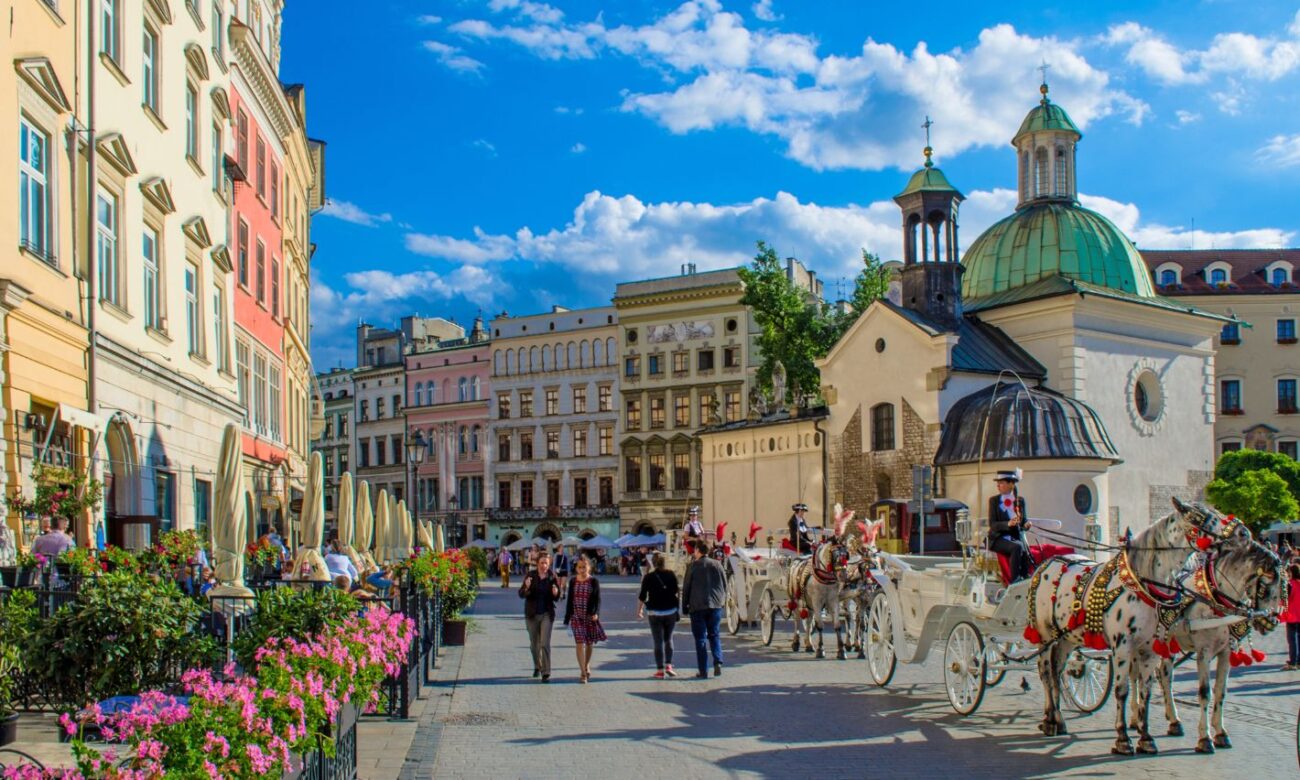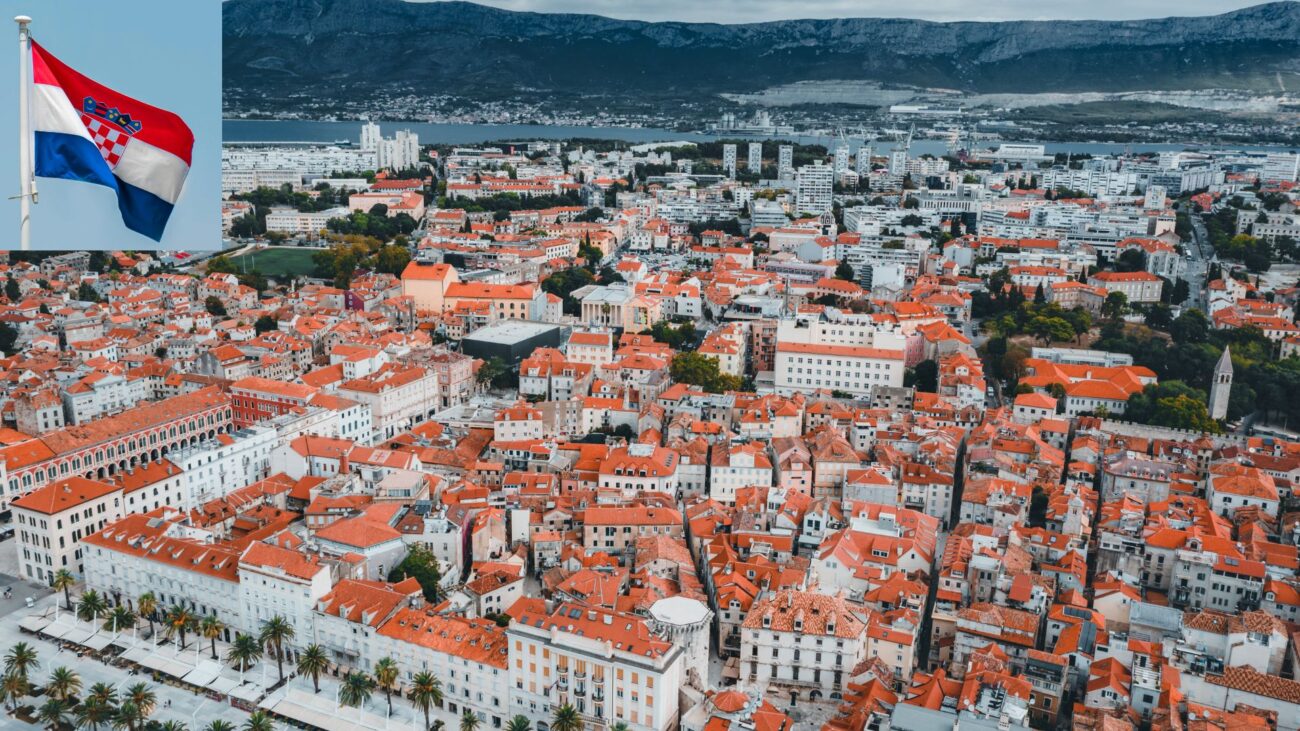Working in Lithuania: A Practical Guide for Nigerians Seeking Legal Jobs
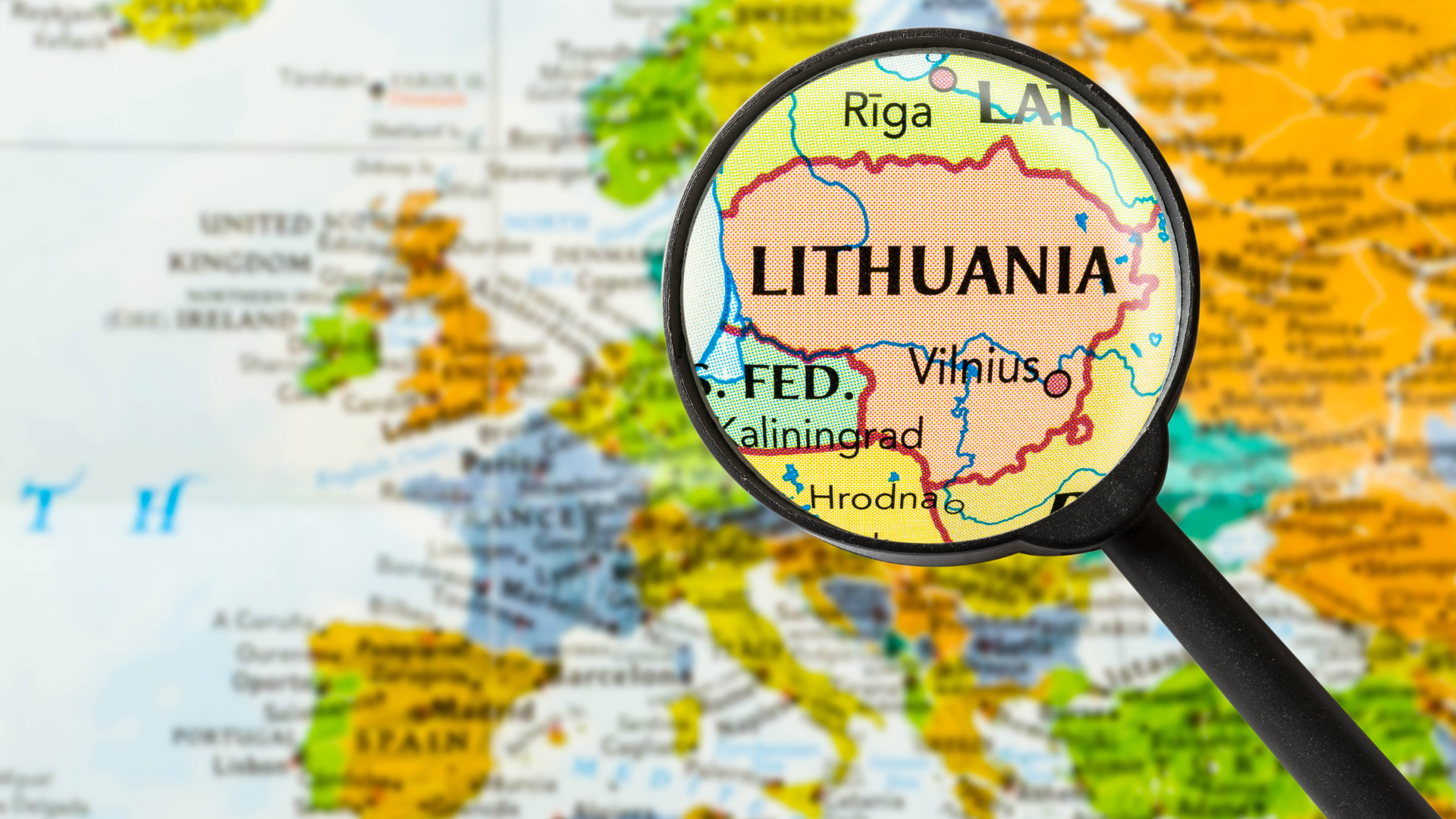
As more Nigerians seek stable, legal employment opportunities in Europe, Lithuania is emerging as a smart and strategic destination. Located in the Baltic region and part of the European Union and Schengen area, Lithuania offers real job opportunities for skilled and semi-skilled workers, particularly in logistics, construction, manufacturing, and caregiving.
If you’re considering Lithuania for work relocation, this guide breaks it down for you: the job market, visa requirements, cultural expectations, and how EasyJapa can support your journey.
1. Where Nigerians Fit In: Top Job Sectors in Lithuania
Lithuania has a growing demand for workers in industries where many Nigerians can thrive, even without a university degree.
Here are the top in-demand sectors:
- Construction & Skilled Trades: welders, electricians, painters, bricklayers
- Manufacturing: machine operators, assembly line workers
- Logistics: truck drivers, warehouse staff, delivery handlers
- Healthcare & Caregiving: nursing assistants, elder care workers
- Hospitality & Cleaning Services: hotel staff, janitors, kitchen assistants
Tip: Most of these roles value practical experience over degrees, making them accessible for skilled Nigerians with the right work ethic.
2. Visa & Work Permit Process: What You Need to Know
To legally work in Lithuania as a Nigerian, here’s what the process generally looks like:
✅ Job Offer First – You must have a job offer before applying for a work visa. The employer typically applies for a work permit on your behalf.
✅ National (D) Visa – Once the work permit is approved, you apply for a long-stay D visa at the Lithuanian embassy or consulate.
✅ Documents Needed:
- Valid international passport
- Work contract
- Proof of qualifications or experience
- Health insurance
- Clean criminal record
🔗 For full guidance: Official Lithuanian Migration Info
3. What to Expect Culturally
Adjusting to life in Lithuania can be a gradual process. Here’s what you should be ready for:
- Language: Lithuanian is the official language. Basic English is used in some workspaces, but learning a few Lithuanian phrases can help with integration.
- Climate: Lithuania has cold winters. Prepare for snow and temperatures as low as -10°C in some months.
- Work Culture: Punctuality, honesty, and hard work are valued. Employers are strict about documentation and contracts.
- Cost of Living: More affordable than most of Western Europe, especially outside of Vilnius (the capital).
4. How EasyJapa Supports Your Journey
EasyJapa takes the stress and risk out of your relocation journey by:
✅ Matching you to verified jobs through trusted Lithuanian recruiters
✅ Providing realistic job options based on your background and skill set
✅ Assisting with document preparation for work visa applications
✅ Guiding you through the relocation process—step-by-step
✅ Offering post-arrival tips to help you settle and adjust quickly
No scams. No fake promises. Just a direct and affordable path to working in Europe legally.
Final Thoughts
Lithuania may not be the most talked-about European destination, but for Nigerians looking to relocate legally and start a new chapter, it holds great promise. With the right support and realistic expectations, you can build a stable future here.
Sources:


